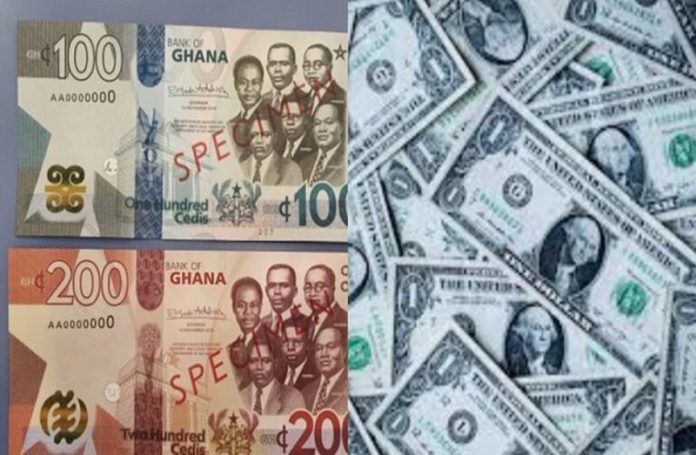The Ghana cedi is expected to end 2024 at GH¢13.4 ± 0.10 to one US dollar.
According to Databank Research, this would be influenced by expected inflows from multilateral sources.
The International Monetary Fund is expected to release more funds in 2024 as part of the Fund-support programme, whilst the World Bank is scheduled to release up to $550 million with $300 million for Development Policy Operation (DPO), while $250 million goes for the Ghana Financial Stability Fund (GFSF).
“The annual cocoa loan syndication should also prop up the reserve level and strengthen the external buffer. The successful IMF programme would help anchor cedi’s performance in 2024”, it pointed out.
In January 2024, Ghana secured a creditor agreement to restructure about $5.4 billion of its external debt, paving the way for the release of the second tranche of the IMF deal.
Databank Research said “Progress in the fund-supported programme should improve market sentiments and benefit the local unit”.
“We expect these inflows to strengthen the reserve position and increase the buffer’s capacity to contain external shocks while improving its ability to meet external financing needs. The annual cocoa syndicated loan and further tranche disbursements should further prop up the reserve position”, it added.
Furthermore, it said the US policy tilt may likely ease depreciation pressure on the cedi, adding “The recent US real sector data points to a shift in the US Fed policy stance to cushion the economy. We believe the dovish Fed policy will serve as a tailwind for emerging market currencies like the Ghana cedi.”
The cedi is presently going for GH¢12.45 to one greenback in the retail market.
Its year-to-date depreciation to the dollar is estimated at 2.50%.
Common core curriculum: Science students to skip Core Maths, Integrated Science

